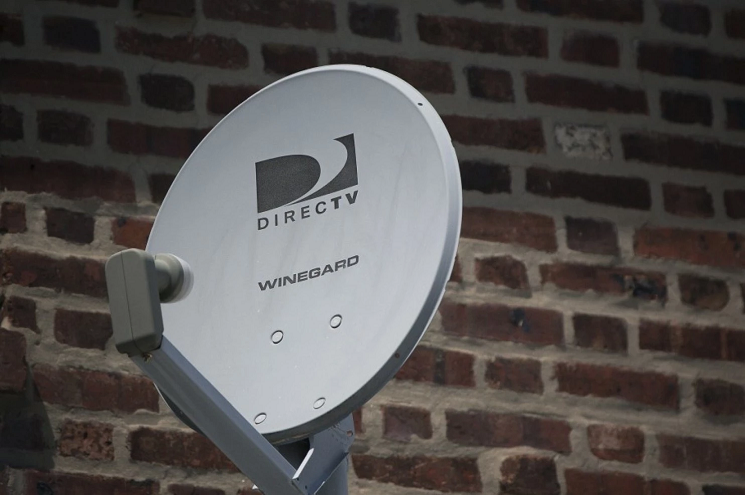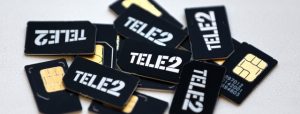Ever seen a DirecTV advertisement that seemed too good to be true? Government consumer watchdogs say you were right to be wary.
The Federal Trade Commission announced Wednesday that it is charging DirecTV, the nation’s largest satellite television provider, with deceptive advertising — alleging the television provider tried to trick consumers into deals that would leave them paying more than expected for television service.
“DirecTV misled consumers about the cost of its satellite television services and cancellation fees,” FTC Chairwoman Edith Ramirez said in a press release. “DirecTV sought to lock customers into longer and more expensive contracts and premium packages that were not adequately disclosed. It’s a bedrock principle that the key terms of an offer to a consumer must be clear and conspicuous, not hidden in fine print.”
According to the FTC, the company advertised a discounted 12-month package without clearly disclosing that it required a two- year contract in which the prices increased up to $45 more per month after the first year and that cancellation fees of up to $480 would apply if the consumer tried to cancel service early. DirecTV also failed to disclose that offers of free premium channels for three months required consumers to actively cancel the channels after an introductory period to avoid being automatically charged for them, the FTC alleges.
The agency is seeking a court order permanently barring DirecTV from similar activity going forward and a financial judgment that could be used for refunds to affected customers.
DirecTV denies the agency’s claims. “The FTC’s decision is flat-out wrong and we will vigorously defend ourselves, for as long as it takes,” a company spokesperson told the Post in an e-mailed statement. “We go above and beyond to ensure that every new customer receives all the information they need, multiple times, to make informed and intelligent decisions. For us to do anything less just doesn’t make sense.”
AT&T announced last May it was acquiring DirecTV in a $49 billion deal — a mega-merger aimed at creating a telecom and television giant that could challenge cable rivals. The merger would boost the chunk of the pay-TV market controlled by AT&T significantly, bolstering its existing U-Verse TV base with 20 million some DirecTV subscribers in the United States. But the deal is still pending before federal regulators, who are also considering other significant consolidation schemes in the television space, like the Comcast Time Warner proposal.
Read more: DirecTV has been tricking consumers into paying more for TV, the FTC says













Leave A Comment